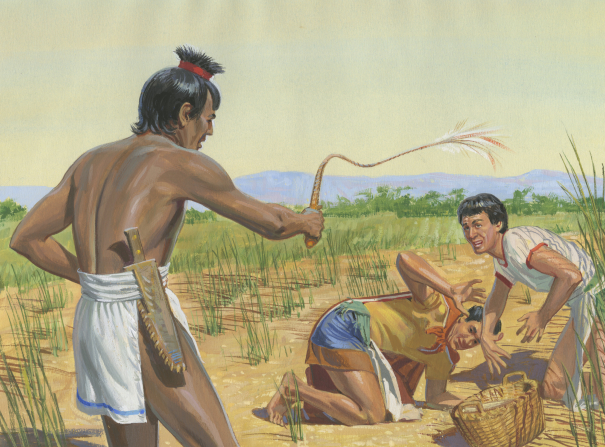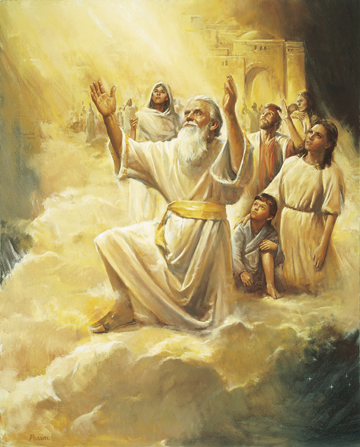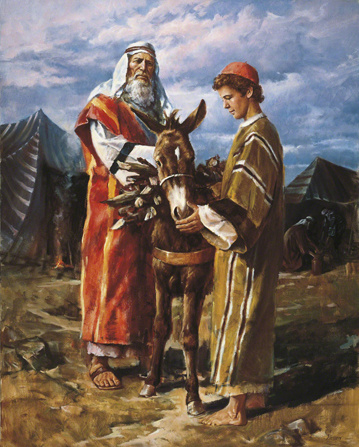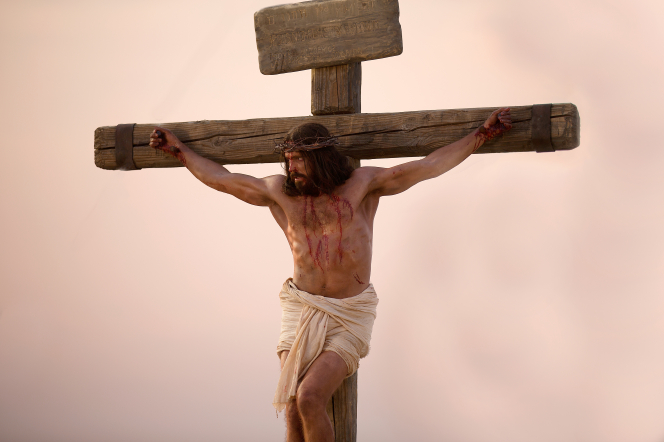- Amos 3:7
- 1 Nephi 1:8 (When Lehi was in vision and saw "numerous concourses of angels" in council with God.
- Scattered all throughout Isaiah
- 1st Kings 22:19-20; Jehosaphat and Ahab "saw Lord sitting on throne and all heavenly hosts..."
- DC 121 - Joseph understands premortality and discovers his need to translate Abraham
- Abraham 3,4,5 each deal very specifically with Divine Councils
- D&C 121:32 - "According to that which was ordained in the midst of the council..."
- Psalms 82
- Moses 7:35 We are told many of the names of God; "Man of Holiness", "Man of Counsel"
- Interestingly, the Joseph Smith Manuscripts #1 and #2 vary on their wording. #1 uses "Council", and #2 uses "Counsel", which seems to be a combination of both concepts but is incorrect in spelling. So, which sort of council(sel) was intended? Bro. Sat. would love to interview Joseph.
- The Morning & Evening Star published these verses, as well as "The Times and Seasons" published this verse twice, and each are spelled in various ways.
God uses councils, and does nothing without addressing His councils first (the real message of Amos 3:7). Check the Hebrew words for "Revealeth his secrets to his servants the prophets". Implies "Council", not "Counsel".
God's councils are as follows:
- Father and Mother
- Father, Son, and Holy Ghost
- Council of Heaven (Involves other leaders)
- Earthly councils
- Adam's final council before his death. All gathered in council
- Church Hierarchical councils








